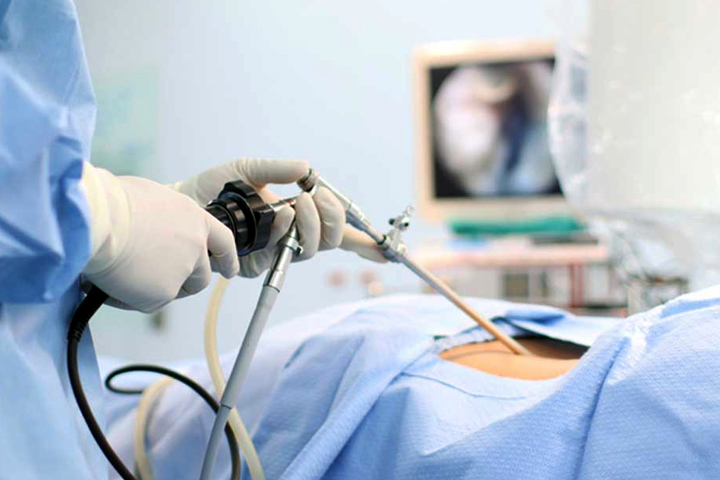
Fertility Enhancing Surgeries
Fertility-enhancing surgeries are surgical procedures performed to address specific anatomical or structural issues in the reproductive organs that may be affecting a person's ability to conceive or carry a pregnancy to term. These surgeries aim to improve fertility and increase the chances of successful natural conception or assisted reproductive technologies (ART) such as in vitro fertilization (IVF).
Here are some common fertility-enhancing surgeries:
Hysteroscopic Surgery:
- Hysteroscopic Polypectomy: This procedure involves the removal of uterine polyps, which are benign growths that can interfere with implantation or cause abnormal bleeding.
- Hysteroscopic Myomectomy: Myomectomy is the surgical removal of uterine fibroids, which can impact fertility by obstructing the fallopian tubes or affecting the uterine cavity.
Laparoscopic Surgery:
- Laparoscopic Ovarian Cystectomy: If ovarian cysts are affecting fertility, a laparoscopic cystectomy may be performed to remove them while preserving the healthy ovarian tissue.
- Laparoscopic Salpingectomy: In cases of blocked or damaged fallopian tubes, a laparoscopic salpingectomy may be performed to remove the affected tube, which can improve the chances of successful IVF.
- Laparoscopic Adhesiolysis: Adhesions (scar tissue) in the pelvic region can result from conditions like endometriosis or pelvic inflammatory disease, and they may be addressed through adhesiolysis to improve fertility.
Tubal Surgery:
- Tubal Reanastomosis: This procedure is performed to reverse a previous tubal ligation (tubal sterilization) by reconnecting the fallopian tubes. It is typically considered for women who have had a change of heart about wanting to conceive after having their tubes tied.
Uterine Septum Resection:
- Uterine septum resection involves the removal of a uterine septum, which is a congenital condition where a wall of tissue divides the uterine cavity. Resection can help improve the chances of implantation and reduce the risk of miscarriage.
Varicocelectomy:
- Varicocelectomy is a surgical procedure performed on males to treat varicoceles, which are enlarged veins in the scrotum that can cause decreased sperm quality and fertility issues.
It's important to note that not all fertility issues can be addressed through surgery, and the appropriate treatment will depend on the underlying cause of infertility. In some cases, fertility-enhancing surgeries may be combined with other fertility treatments, such as ovulation induction or ART, to achieve the best possible outcomes.
If you and your partner are experiencing fertility challenges, it's essential to consult with a fertility specialist or a reproductive endocrinologist. They will conduct a thorough evaluation to identify any potential causes of infertility and recommend the most appropriate treatment plan, which may include fertility-enhancing surgeries if necessary.